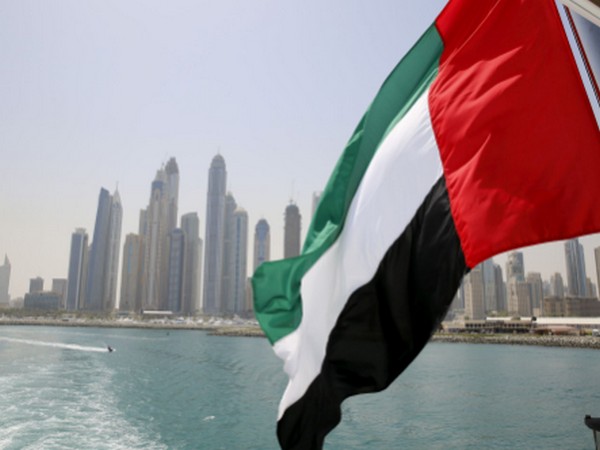Dubai [UAE], December 8: KuljitGhata-Aura, the President of Boeing Middle East, Turkey and Africa (META) said that the UAE is particularly dedicated to the advancement of its aviation sector, adopting cutting-edge sustainability solutions and modern technologies across all industries.
He anticipated a transformative year ahead, marked by significant progress in environmental and climate initiatives across the aviation industry.
In statements to the Emirates News Agency (WAM) on the sidelines of the now-running COP28, KuljitGhata-Aura added that the aviation sector will continue to grow due to the increasing emphasis on its transformation into a green and sustainable sector. This transition, he said, will contribute to creating qualitative opportunities, including creating jobs in the industry and increasing demand, which will benefit the local and international economies.
He pointed to the close cooperation with the UAE, saying, "When we were working with the Ministry of Energy and Infrastructure in the United Arab Emirates on the Sustainable Aviation Net Zero Carbon Road-Map, we saw the huge economic benefits that will be achieved through it. We expect that the country will become a source of sustainable alternative aviation fuel as it is a pioneer in these initiatives, and it has been at the forefront of those who have worked on it since the beginning."
He added, "We are proud of our partnership with Khalifa University and Etihad Airways in relation to research into sustainable use of biomass energy. This is a project in which we collaborated to produce fuel from biomass that was created through commercial fish farming and the use of the resulting water to irrigate salt-water salicornia."
Sustainable fuel for an Etihad flight from Abu Dhabi to London in 2018 was derived from oil in Salicornia plants, which were grown on the two-hectare SEAS farm in Masdar City, he said, citing that as a testament to the great strides made by the UAE in this field.
The international official predicted a significant shift in the aviation sector next year, particularly concerning projects involving sustainable fuel, highlighting the leading role of the United Arab Emirates and other Gulf nations in driving this crucial sector's development.
The official expected that the GCC region will need more than 3,000 new aircraft in the next 20 years, in line with the development and increasing demand from airlines in the region, in order to meet sustainability targets; whereby 45% of aircraft structures will be manufactured in a wider and very different way than those currently in the region
Boeing places climate, environmental, and human responsibility at the forefront of its business development, he noted. The company, he added, is deeply committed to transitioning towards SUSTAINABLE AVIATION FUEL (SAF) to reduce the sector's carbon footprint and achieve net-zero emissions by 2050.
While aviation accounts for around 2.5 percent of global CO2 emissions, he said, the sector creates around 12% of the emissions from transport.
The official stressed the importance of COP28 in uniting international efforts and taking concrete steps that benefit individuals, communities and the environment. He also stressed the significance of the aviation sector being part of the conference's agenda to highlight the most important initiatives, raise awareness about the need for transformation, and discuss the challenges and opportunities in this vital sector.
Source: Emirates News Agency

